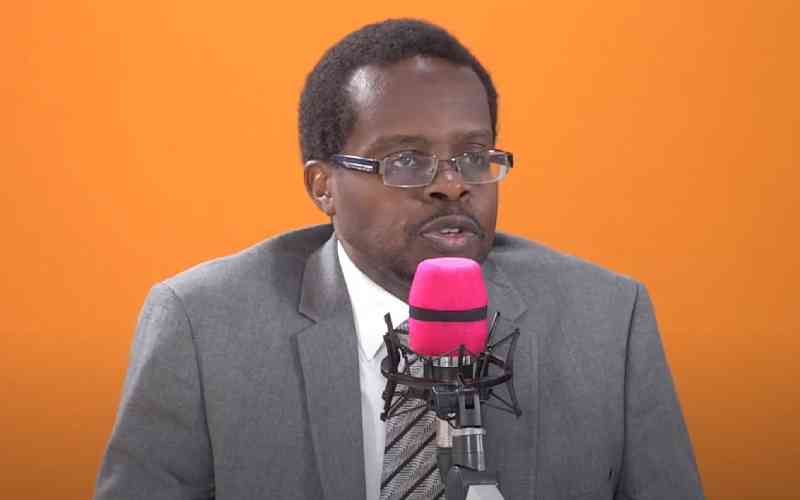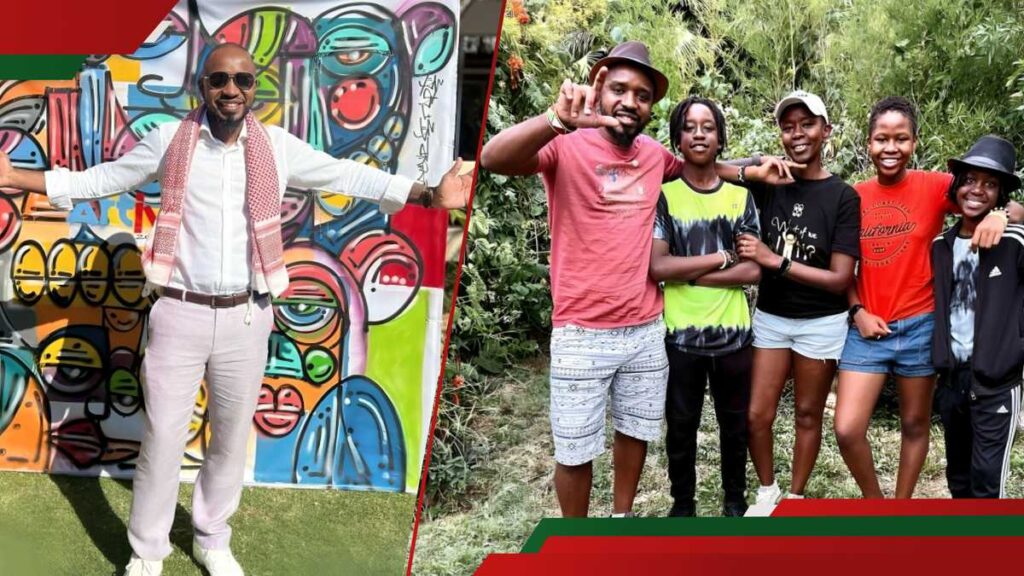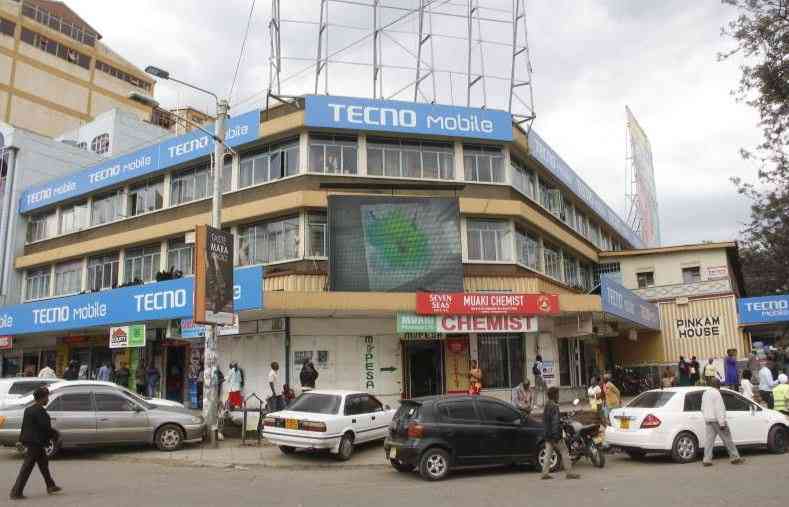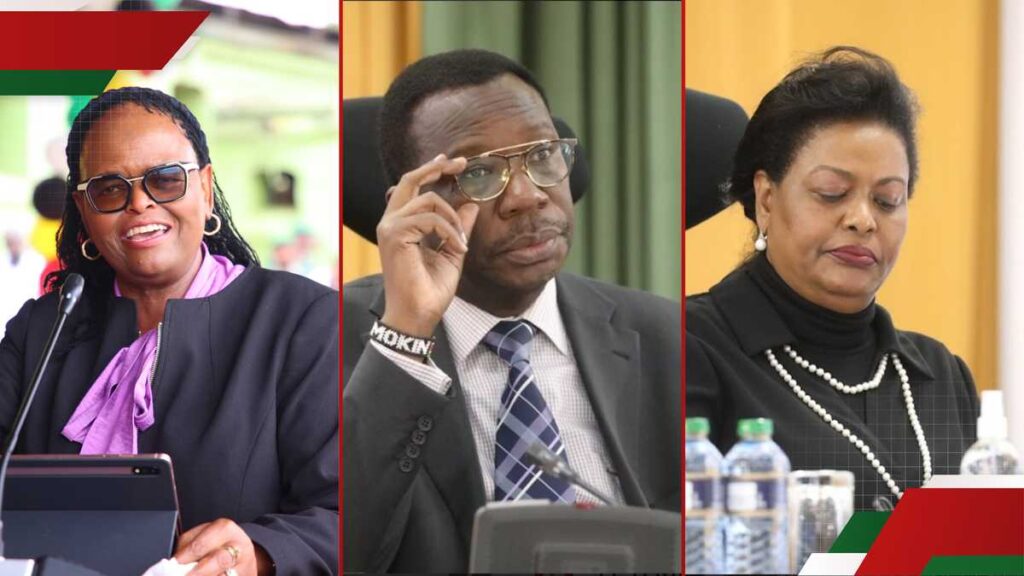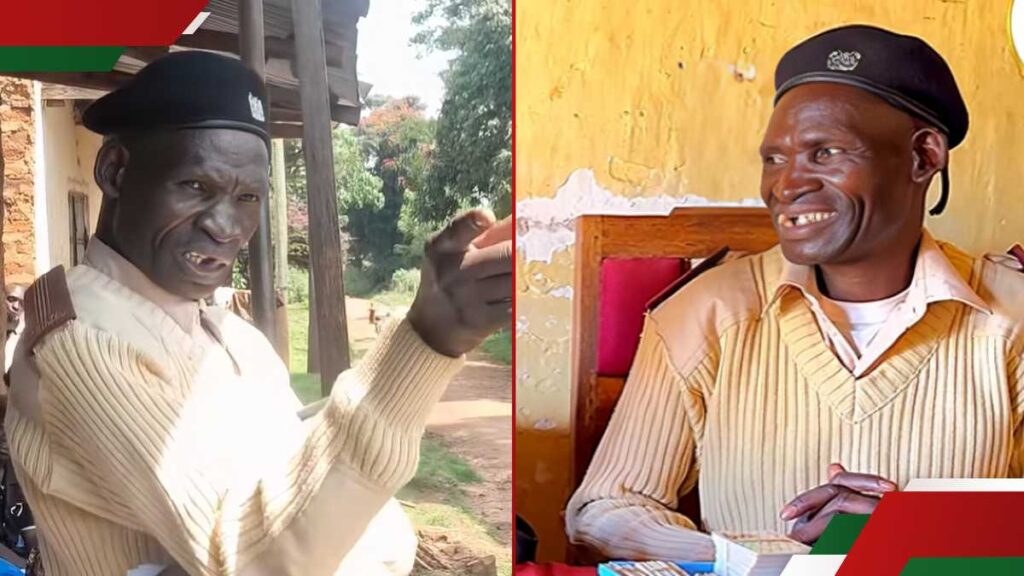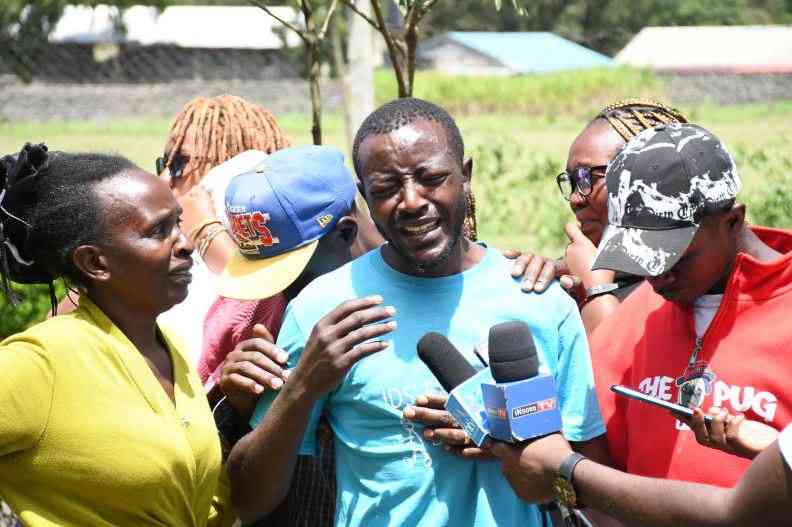Senior Counsel Charles Kanjama has urged the Independent Electoral and Boundaries Commission (IEBC) selection panel to actively engage politicians in the ongoing reconstitution process, warning that sidelining key stakeholders could fuel claims of bias and erode trust in the electoral body.
Speaking on Spice FM, Kanjama noted that ignoring concerns raised by politicians—who will ultimately compete in elections officiated by the IEBC—risks deepening suspicions around an institution that has presided over multiple disputed contests.
“IEBC has to be bold in the task of public participation, stakeholder engagement, and confidence building. The most important stakeholders for IEBC are political parties, and the commissioners must display an ability to engage with the concerns of the political players,” said Kanjama.
“These political players make or break an election,” he added.
Charles Kanjama: I don’t think that you will ever have an IEBC that everyone is perfectly happy with. At least, we can say there has been a fair attempt of getting panelists that are not tilted to one political alignment or the other.#TheSituationRoom@MumaKanjama
Follow our… pic.twitter.com/UzPSq5bIdw— SpiceFM (@SpiceFMKE) April 2, 2025
His remarks come amid growing discontent from the opposition coalition, which has questioned the impartiality of the selection process.
In a letter addressed to ODM leader Raila Odinga and copied to President William Ruto, Wiper leader Kalonzo Musyoka cautioned against any attempts to manipulate the outcome of the ongoing interviews.
Musyoka warned that such interference would “establish a partisan electoral body and pre-rig the elections.”
He further called for consensus between the government and opposition, arguing that some candidates have political affiliations that could compromise their ability to deliver free and fair elections.
“We expect the selection panel to disqualify some of these candidates. Take the example of Joy Mdivo, she is a Ruto protégé,” claimed Kalonzo.
However, Kanjama defended the current selection panel, stating that its composition draws from diverse sectors and should be capable of delivering a broadly acceptable commission.
“Unfortunately, we’ve not found a better way of setting up the IEBC. All the other ways we had before were worse,” he said. “This is our best compromise of a system that involves the executive, legislature, and where the judiciary can intervene,” argued Kanjama.
Despite advocating for political engagement, Kanjama maintained that the commission must assert its independence, just as the Judiciary has done despite external pressures.
The IEBC selection panel, led by Dr. Nelson Makanda, has already interviewed 11 candidates for the chairperson position, while interviews for 105 candidates seeking the six commissioner slots are ongoing.
Stay informed. Subscribe to our newsletter








